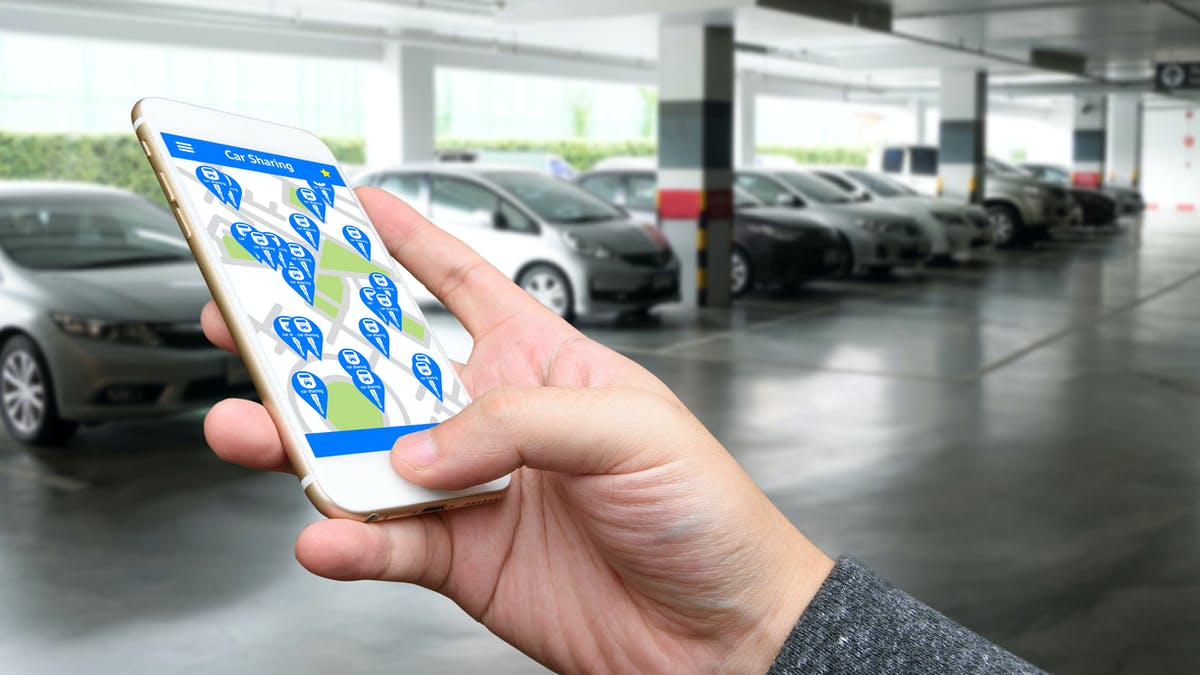RIO DE JANEIRO, BRAZIL – On Thursday, November 12th, Itaú Unibanco announced the creation of a new sharing service for electric vehicles, the Vec Itaú. The new solution will allow users to unlock cars at stations throughout the city directly through their cell phones and can return them at the same or another charging station – as with shared bicycles.
The project’s pilot phase will be launched in the first half of 2021 and will be exclusive to the bank’s employees. The service will begin to operate in full in the second half of next year. The first city selected is São Paulo, but the plan is to move the development of the project to other state capitals.
Luciana Nicola, Itaú‘s Institutional and Government Relations Superintendent, said that since the bicycle service is already in place in five capitals (São Paulo, Salvador, Porto Alegre, Recife, and Santiago, Chile), the bank has the expertise to study and possibly test Vec Itaú more rapidly in these locations. “We already have the knowledge in these cities to start the electric car service,” she said at a press conference on Thursday, November 12th.

Rodnei Bernardino de Souza, director of Itaú Unibanco, added that the trials will start with around six cars, which will run between the bank’s administrative offices in São Paulo. “We will test with employees between our headquarters in the city. […] The size of the fleet will be determined by the analysis of each city and its demand, but we want to attend all interested parties. After the trials in the first semester, we will compile the information and expand the service in an organized way,” he said.
“We are offering our financial expertise to people, in a model in which we will rely on strategic partnerships with automakers, rental companies, and other market players,” Souza complemented.
Price not disclosed
The bank did not disclose the projected prices. “We have no defined figures, but we are studying a model with a fixed initial rate and then an increase based on time of use. But the plan is to provide a feasible price for most people, in order to have a high adherence. There will be tests in the first semester to adjust the prices,” explained Souza.
The project was developed in partnership with Ucorp, in charge of developing the app and the platform, the connectivity infrastructure, and the logistics operation.
How it will work
To rent the vehicle, users will need to download the Itaú Vec app, register, reserve the car and at the agreed date, place and time should find the car and unlock it through the app at stations throughout the city. All cars are electric and, for now, the available models will be the Jaguar I-Pace, the BMW i3, and the JAC iEV40.
The app will be available for iOS and Android smartphones and anyone can use the service – although Itaú customers may have pricing benefits, according to Souza.
Itaú will assess new partnerships over time to expand the electric vehicle portfolio available and increase the options.
Furthermore, the bank has guaranteed that all vehicles will undergo sanitizing procedures, which will comply with security protocols allowing clients to feel comfortable in using them – particularly considering the pandemic scenario. In addition, kits will be made available inside the cars for customers who want to enhance hygiene.
All available cars will have an internet connection and ConectCar stickers, an electronic payment method that competes with SemParar in the market for automatic payment of toll booth and parking charges.
According to Souza, cars will feature sound alerts to guide drivers, but the bank will provide a public awareness effort on the use of electric cars, which is very quiet.
In addition, Luciana reported that the bank will promote an integration with Itaú Bike, as a means of complementing the desired route with different modes, since the main focus of electric cars is the “one-way trip”, from one station to another at different points in the city.
Milad Kalume Neto, New Business Director at Jato Dynamics automotive consulting, says that initiatives like this tend to encourage the use of electric cars, although it is a long term project.
“Every time you make new technologies available there is a trend to increase that kind of demand. As a result, Itaú’s initiative allows Brazilians to have greater contact with electric vehicles as it offers this kind of car as an option. Many people don’t have this option today because it is expensive due to the technology,” he said.
“But in any case, it is an initiative that can narrow the relationship of Brazilians with electric cars in the long term. There’s a long road ahead. As much as there is a growing demand year by year, the electric car category still represents very little of the country’s total fleet. We have fewer than 50,000 electric vehicles running in the country out of a total fleet of 42 million,” added Neto.
Mobility
The bank stressed the significance of sustainable mobility. “The world is constantly changing and the way people move around the major centers also continues to evolve. We want to closely monitor trends in society and this new urban mobility solution will serve as an alternative or complement the use of other modes,” says Souza.
It is worth recalling that Itaú’s initiative is not the only one of its kind in São Paulo. In July 2019, newcomer “beepbeep” entered the market with the same proposal: shared electric cars, with a fleet consisting of the Renault Zoe model. In this case, the standard charge for this model is an initial R$4.90 (US$0.90) fare plus R$0.60 per minute of use. The company has already launched the service, with 60 stations scattered across the city of São Paulo, with a concentration in the south and west regions – focusing on shopping malls and parking lots.
Source: InfoMoney

